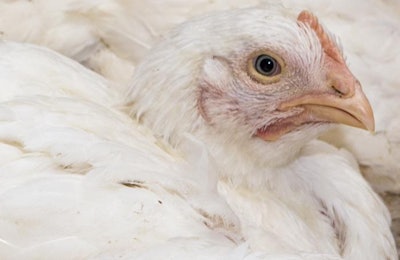
In order for a poultry biosecurity program to be highly effective, good leadership is essential.
The U.S. Department of Agriculture (USDA) Animal and Plant Health Inspection Service (APHIS) ha promoted its biosecurity principles through its “Defend the Flock” campaign, which has been promoted by both the federal agency and state agencies as an effective means of keeping diseases such as avian influenza or Newcastle disease from infecting both commercial and backyard flocks.
In a major turkey producing state like Minnesota, which was so heavily hit by avian influenza in 2015 that Rep. Collin Peterson estimated the outbreak cost the state $650 million, biosecurity programs – like those highlighted through the Defend the Flock campaign -- have been essential in preventing the spread of the disease.
But Dale Lauer DVM, poultry program coordinator for the Minnesota Board of Animal Health, said in 2018 at the Midwest Poultry Federation Convention that key to having a strong biosecurity program is having one specific person to be the biosecurity coordinator.
“You’ve got to identify the chief; you’ve got to identify the coordinator ... who’s going to be in charge. That person is going to develop, they’re going to implement, they’re going to maintain the biosecurity program.”
A biosecurity coordinator can be a veterinarian, but doesn’t have to be. The key requirements for that person is a knowledge of biosecurity principles, and the ability to convey those principles to the personnel and caretakers on farms and poultry production sites, . All workers must be trained and retrained on the biosecurity plan.
The biosecurity coordinator must also review the biosecurity plan at least one during each calendar year, Lauer said, and be able to make revisions to the plan as needed.


















